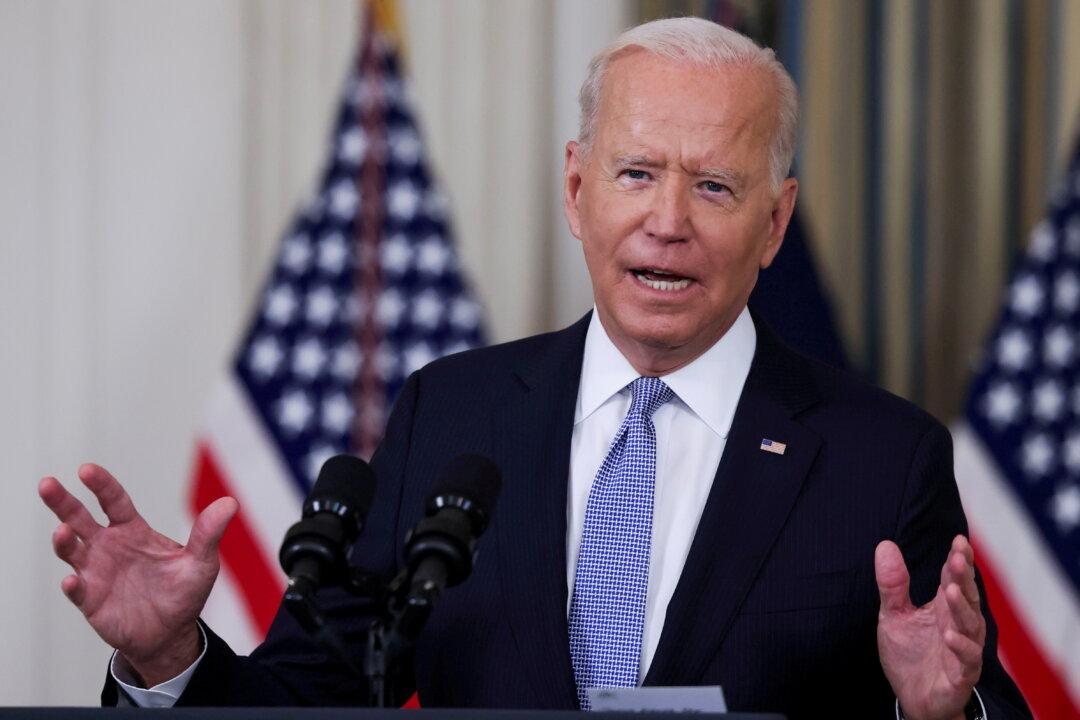President Joe Biden says he’s directed the National Economic Council to focus on reducing energy costs for U.S. consumers following a Department of Labor report suggesting that inflation hit a three-decade high in October.
“Today’s report shows an increase over last month. Inflation hurts Americans pocketbooks [sic], and reversing this trend is a top priority for me,” Biden said in a statement on Nov. 10. “The largest share of the increase in prices in this report is due to rising energy costs.”





